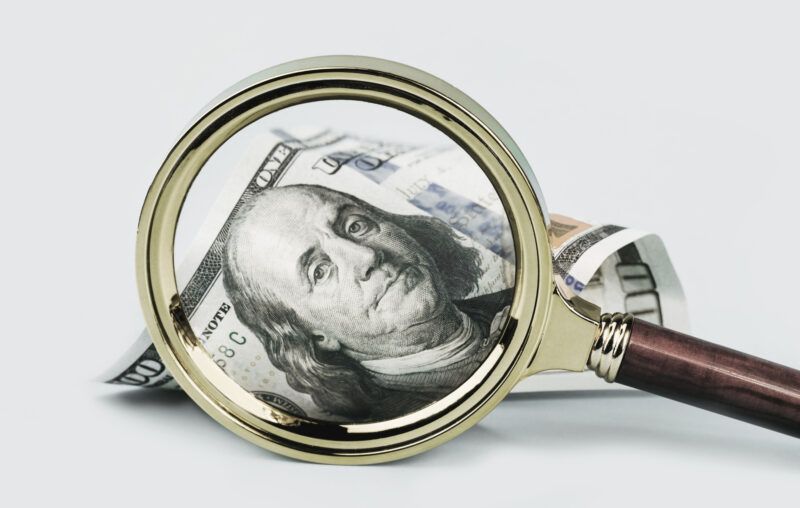 Nicholas Anthony December 14, 2022 @ American Institute for Economic Research
Nicholas Anthony December 14, 2022 @ American Institute for Economic Research

The Paycheck Protection Program (PPP) has been plagued with issues since its inception. So when a new report was released from Congress last week on the fraudulent activity surrounding the PPP, it was not a surprise to see that it covered 130 pages. Yet what was a surprise, was the title that the Congressional Committee used for the report:
“We Are Not the Fraud Police”: How Fintechs Facilitated Fraud in the Paycheck Protection Program.
The report’s title suggests that the fintech industry facilitated fraud in the PPP, but the report itself tells a very different story. Of the twelve fintech companies mentioned in the report, only four fintech companies are described as sources of fraud and discussed at length: Womply, Blueacorn, Kabbage, and Bluevine (Figure 1). And yet, the report’s chief recommendation on page seven is for Congress and the Small Business Administration (SBA) to consider carefully whether to work with fintech firms at all. Considering an estimated 2,700 fintech firms have been founded in the United States over the last decade, it seems to be a bold leap to say the performance of these four firms should decide the fate of so many others.
This phrasing is most concerning because it is likely that this recommendation will extend far beyond the PPP or other government benefit programs. Policymakers and the general public will likely see—with the help of banking lobbyists, no doubt—“fintechs facilitated fraud” and look no further. The report will be cited to justify putting more roadblocks before the fintech industry and more protections for the legacy banking system, neither of which is warranted.
Were this issue not enough on its own, the report largely glosses over the fact that Congress and the SBA deliberately removed upfront controls and safeguards to rush the $800 billion program out the door. For example, in April 2020, the SBA told lenders:
The lender does not need to conduct any verification if the borrower submits documentation supporting its request for loan forgiveness and attests that it has accurately verified the payments for eligible costs. The Administrator will hold harmless any lender that relies on such borrower documents and attestation from a borrower. (Emphasis added)
It took 18 months for Congress to put this report together, but the problems were evident from day one. Rather than use the misconduct of four companies to lash out at an entire industry, Congress should acknowledge how the government itself facilitated fraud in the PPP.

No comments:
Post a Comment